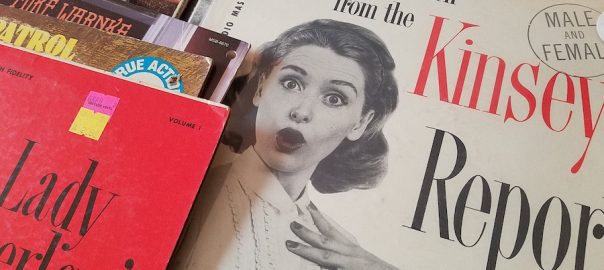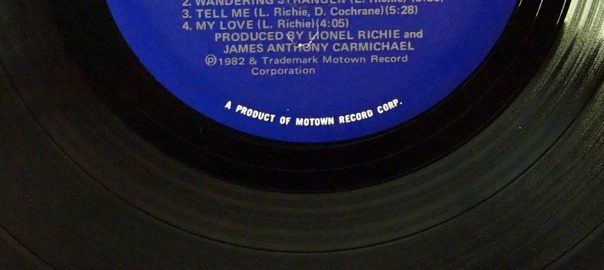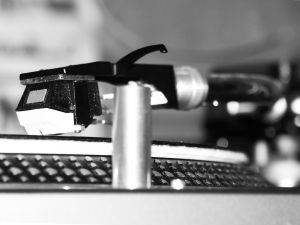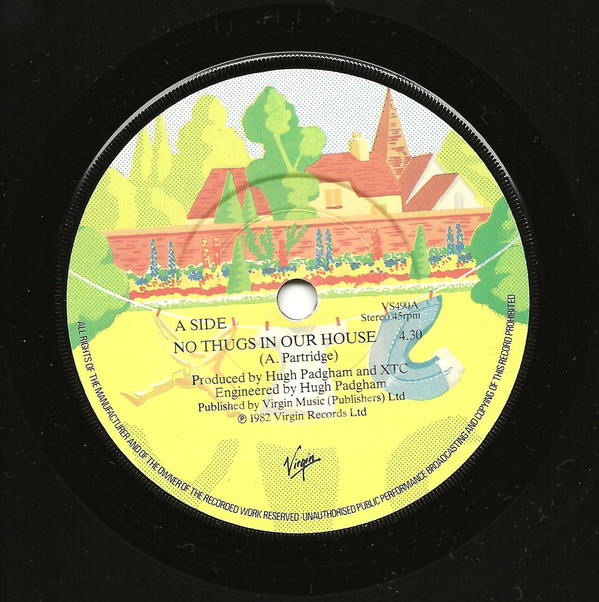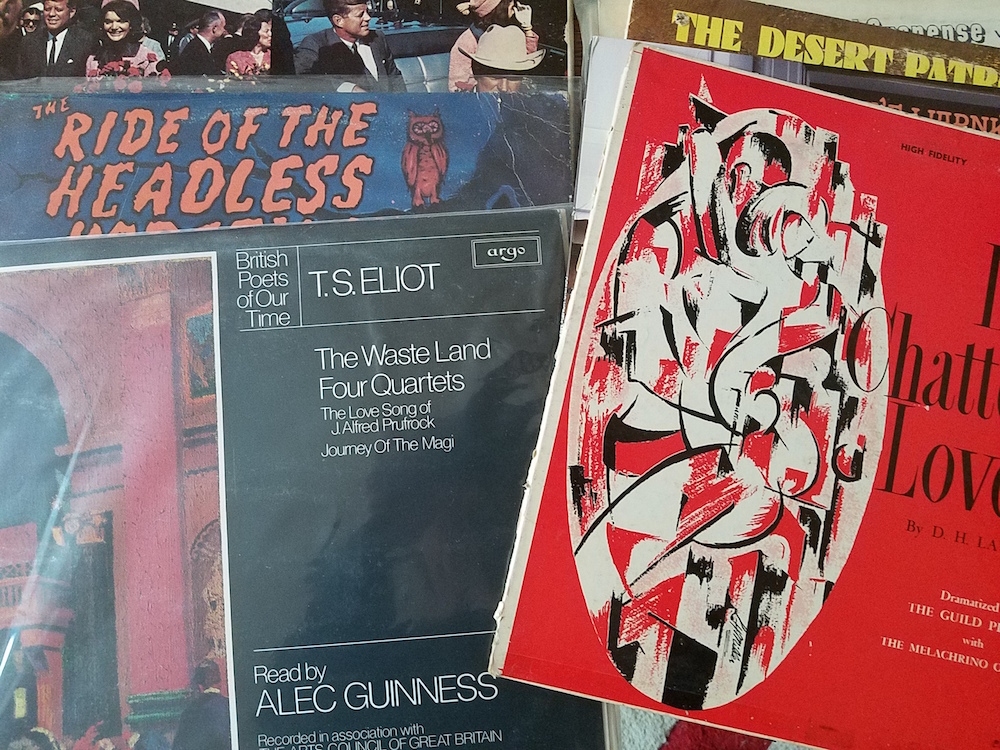
How much is my record collection worth? It’s a question many ask, but the answers are more complicated than a basic dollar amount. Your record collection is worth more in some ways, less in others-it all depends on what you have and who else might be interested in the same things.
Great example-Look at the picture of those spoken word albums above. You may ask yourself who on EARTH cares about T.S. Eliot on vinyl. But look closer-this record is narrated by none other than the original Obi Wan Kenobi himself, Sir Alec Guinness.
NOW you have the interest of a certain segment of hardcore Star Wars lovers who cannot get enough of that man’s voice. And who can blame them? Alec Guinness is one of the most respected names in 20th Century film and stage work for a certain type of cinema lover. The value of this record-amongst THESE PEOPLE is much higher than for your average crate digger looking for…whatever it is they are looking for.
How Much Is My Record Collection Really Worth?
Make no mistake, the value of your collection goes up if the records are in GOOD CONDITION both covers and vinyl. Even the most tired old pile of ancient classic rock records that every record store has moldering away in the cheaps bin is IN that bin because the records aren’t pretty enough and clicks-and-pops free enough to be sold at a more competitive price.
So if you have a PRISTINE copy of a Carole King Tapestry album? That will fetch more than the battered old copy in the two dollar bin. Even though Tapestry is a record store cliche that every…single…record store has stashed somewhere along with those Poco records and the ever-present water-damaged copy of Led Zepplin II.
Your record collection is worth MORE if you have lustworthy things in it in Very Good to Near Mint condition. What is considered lustworthy? That depends SO MUCH on the buyers you’re trying to reach. Some people don’t give a DAMN about Alan Ginsberg’s vinyl records. But those with a fascination for the Beats (Burroughs, Kerouac, Ginsberg, Corso, etc.) will be VERY interested in knowing more.
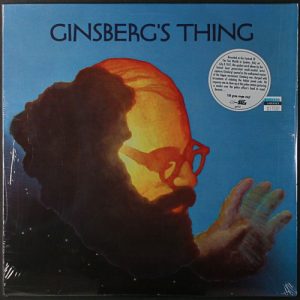
Who Decides What My Records Are Worth On An Individual Basis?
The market basically decides…but as mentioned above, there are MANY MANY different kinds of markets for vinyl records. But there ARE some determining factors including:
- Availability when originally pressed
- Current scarcity
- Vinyl Variants
- Unique features
- Sealed or unsealed
If only 500 copies of a release were originally pressed (and that is more and more common these days) you have the makings of a serious collector’s item in a few year’s time. If an album was mass-produced, but since has never been repressed, that may also increase the value.
A record that was pressed with a certain number of the run on colored vinyl or other vinyl variants, that record is likely to get increased attention. Misprints, accidental cover problems, or other things that make a certain number of the records more rare and impossible to find may also factor in.
If a record is still sealed, especially after many years, that record also will be more lustworthy depending on the buyer.
There are A LOT MORE issues associated with how to value a record collection. I’ll write about them in future posts. FULL DISCLOSURE: I buy record collections and write about them from both a collector and reseller perspective. If you are interested in selling a vinyl collection or part of one, please get in touch with me via e-mail: jwallace242@gmail.com
–Joe Wallace
